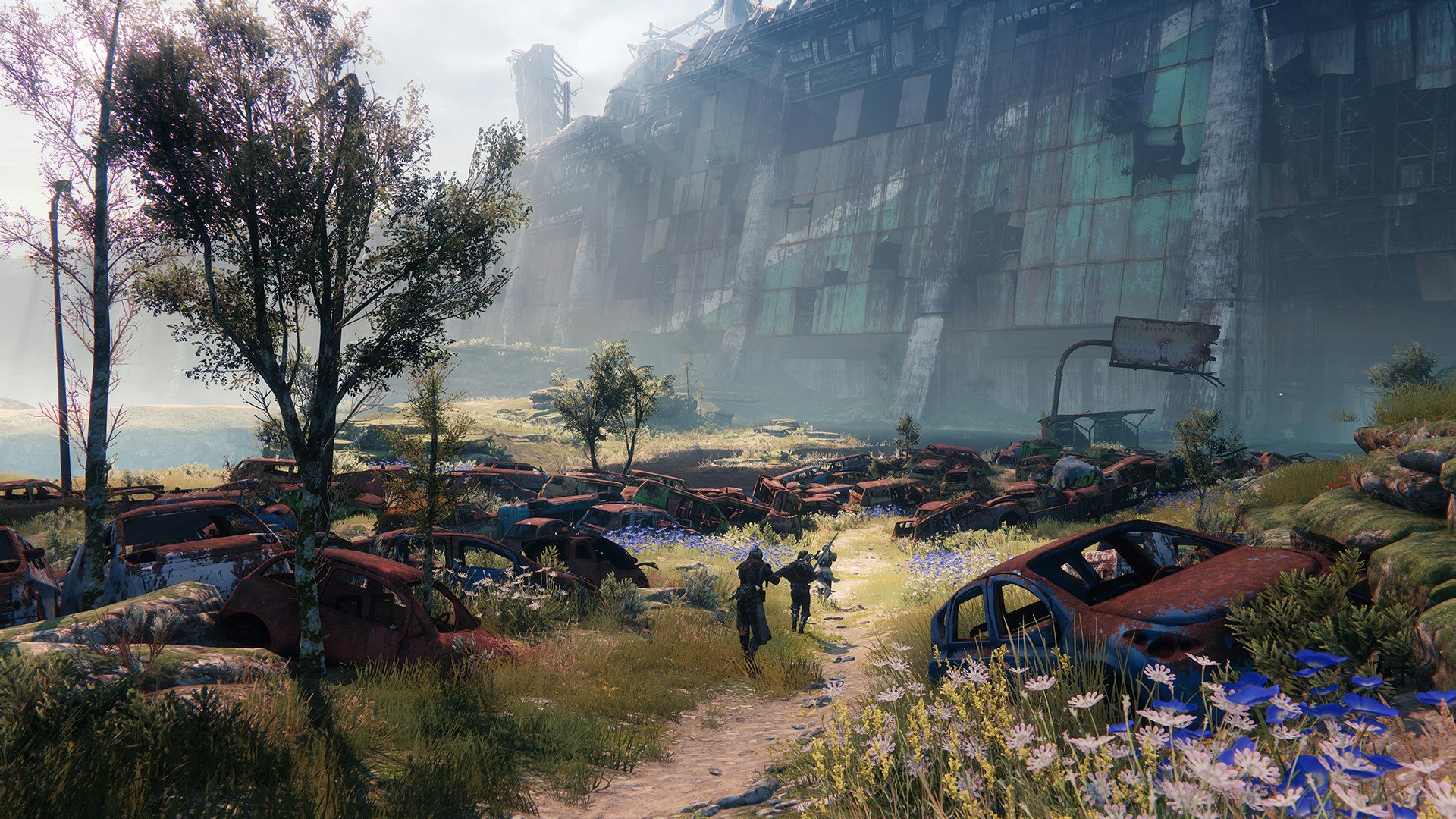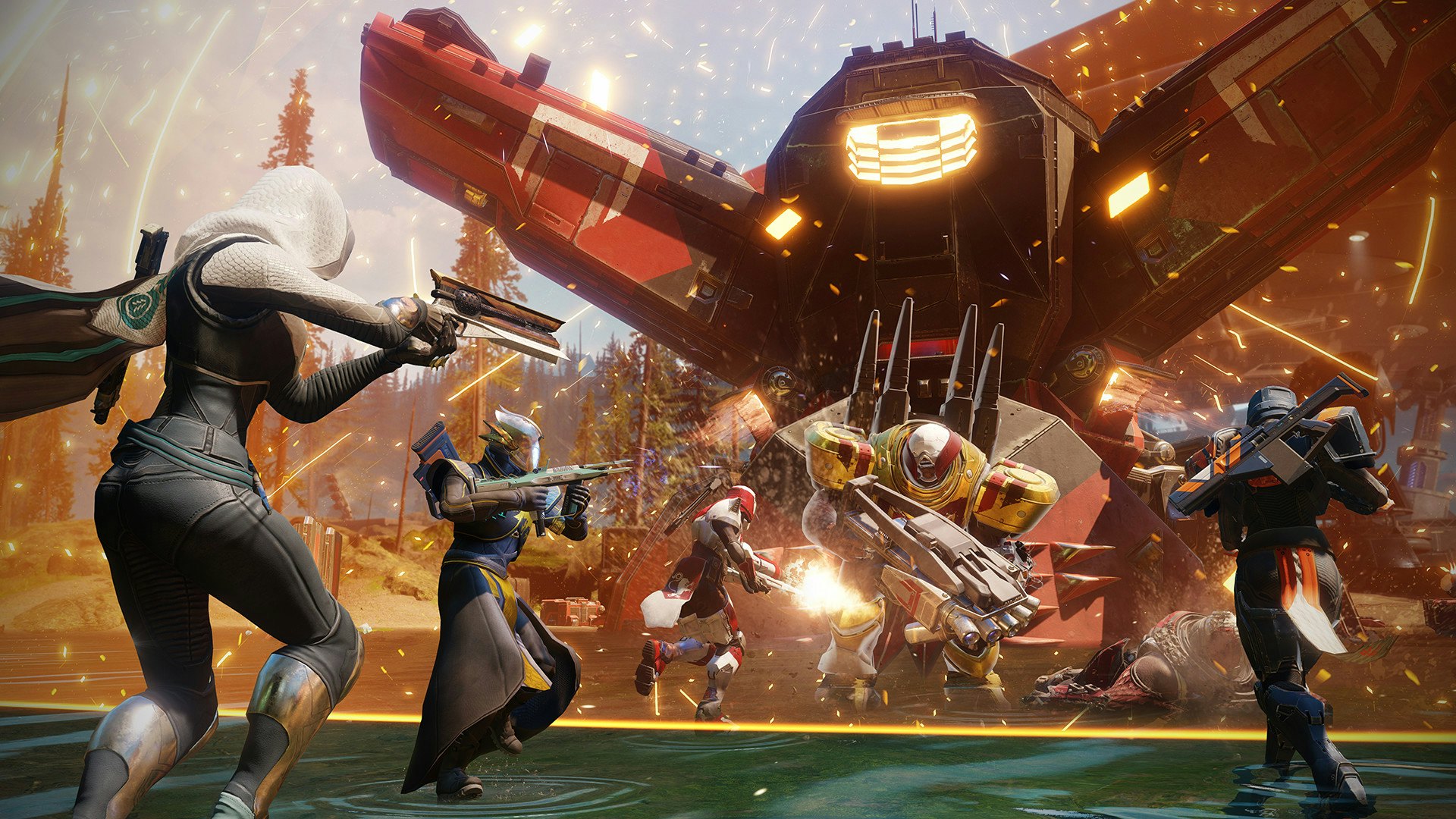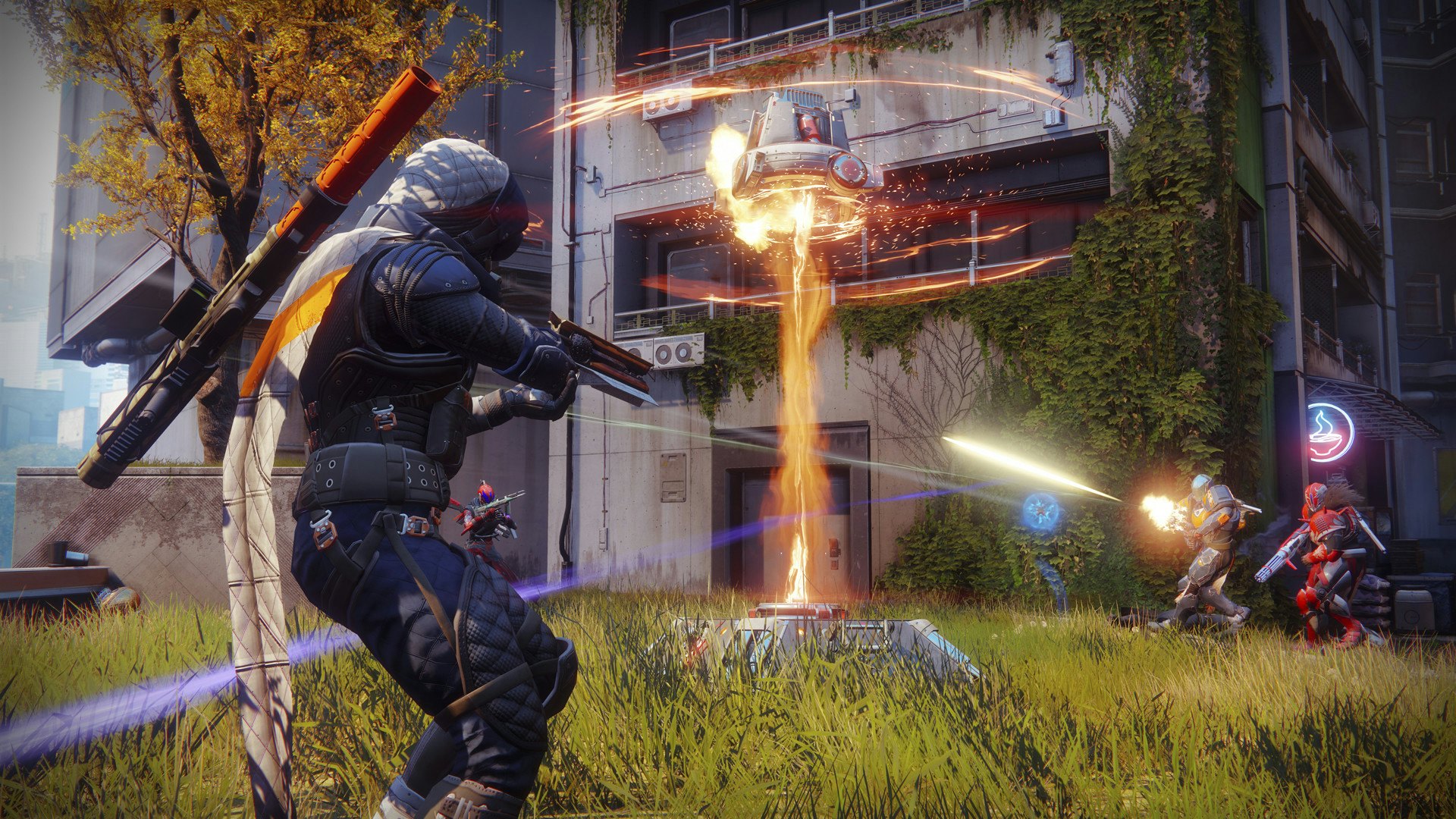
It’s been ten years since the launch of the original Destiny, and starting this year, its sequel is making some major changes to how it receives updates. In a blog post this week, developer Bungie announced that players will soon be getting more frequent major updates. On top of traditional expansions, Destiny 2 may also be getting more experimental with its gameplay and changing some aspects of the game that have been bothering both new and old players for years.
Starting in 2025, Destiny 2 will receive two new expansions each year, along with four major content updates. Bungie refers to its reshaping of Destiny as “Codename: Frontiers,” which is significantly cooler than just calling it a roadmap, I guess. Its plans begin with Codename: Apollo (also cool), the game’s next expansion launching in summer 2025. That’s followed by Codename: Behemoth that winter.

Apollo and Behemoth kick off the new cadence for Destiny 2 free content updates. Starting with Apollo, seasons will now be split into two updates. Apollo launches simultaneously with the summer update, and will be expanded in the fall update. Behemoth coincides with the winter update, and will be revisited next spring with even more content.
The bigger impact of Bungie’s new plans is what types of experiences will be added in expansions.
“Each of these will depart from the one-shot campaign structure we’ve been using essentially unchanged since Shadowkeep,” game director Tyson Greene says. “And each will be an opportunity to explore exciting new formats instead.”
According to Greene, expansions will no longer follow a single linear campaign, instead playing with “new formats” inspired by Metroidvania games, roguelikes, and survival shooters. As narrative director Alison Lührs explains, the stories for future expansions will be nonlinear, meaning they’ll feature more exploration in how you progress through the narrative, in contrast to the more straightforward structure of previous expansion stories.

While Destiny 2 is now getting four major updates throughout the year instead of three episodes, seasons look like they’ll stay largely the same, aside from the schedule change. They’ll still offer new activities, rewards, and smaller tweaks just like always.
Outside of the new update schedule, Bungie is planning reworks of some core parts of the game. For one, it’s mixing up Destiny 2’s map interface, the Director, where players choose which activities to take part in, to make it easier to find and launch what you’re looking for. New modifiers are on the way for gear, along with higher tiers for the most powerful equipment in the game.
If you’ve played any amount of Destiny 2, you’ll probably notice this is a pretty radical shift. The game’s previous schedule meant one massive content drop would happen each year, supported by three episodes to keep things fresh between those upheavals. That release cadence allowed players to essentially only log on once per year just to see the new expansion’s story, and check in on seasonal content as each episode launched.

While those built-in breaks are nice for anyone who doesn’t want to stick with one game all year, the new schedule ensures that players have something new to do much more frequently, and means anyone who only checks in for the expansions is missing less of the seasonal content added between them. Overall, it seems to provide a more compelling reason to stick with Destiny 2 year-round while hopefully cutting back on how much players need to repeat the same activities.
A change this big is likely to have some growing pains, but Destiny 2 feels due for such a major shakeup. Its last expansion, The Final Shape, closed out a massive chapter in the game’s history, and just repeating what’s been done before doesn’t seem like it will cut it any longer. If Bungie’s plans work out, Codename: Apollo could mark the best starting point in Destiny 2 since the launch of the game, which feels like a risk worth taking.







